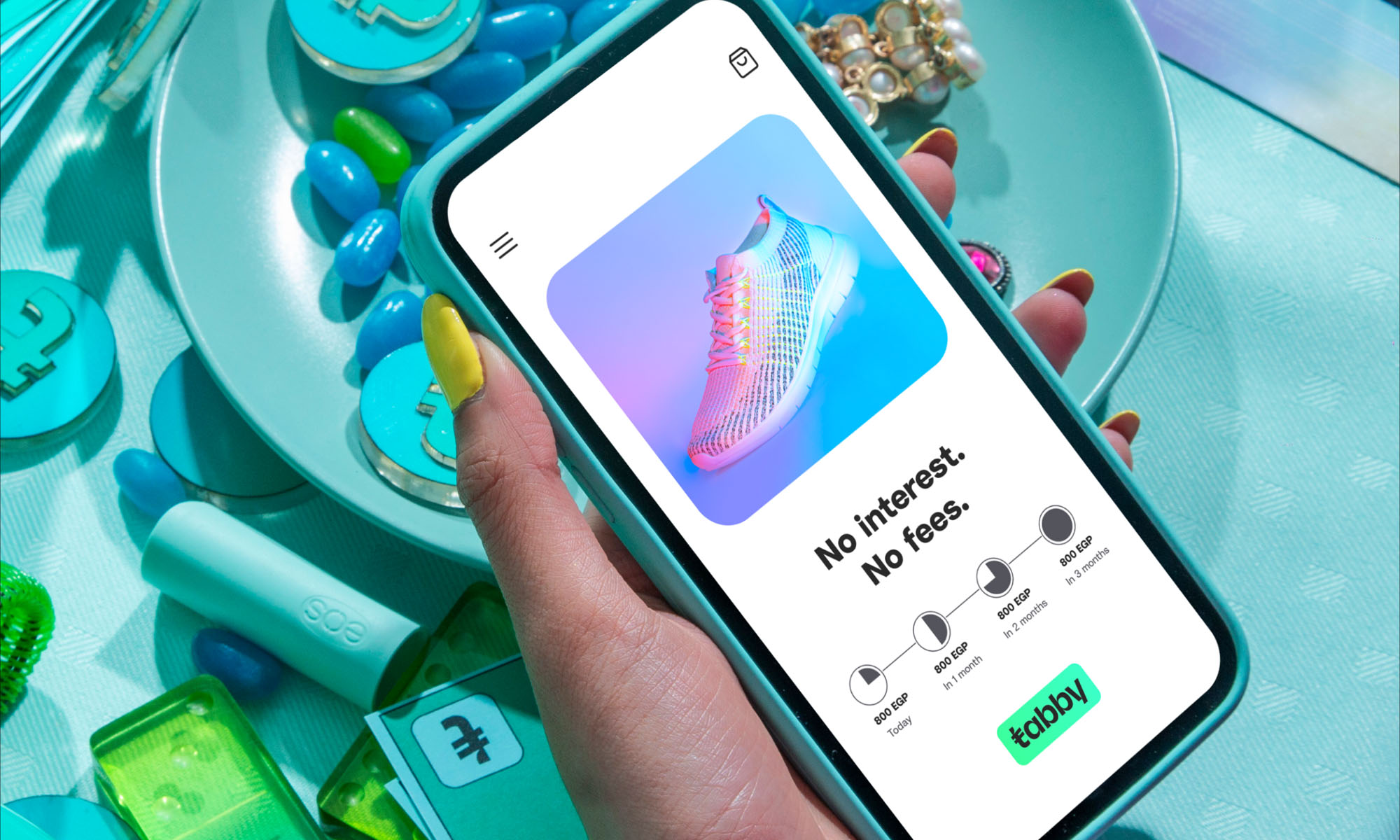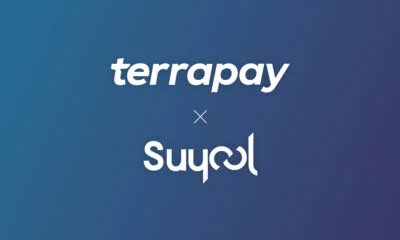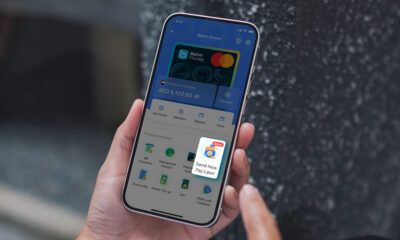News
Mubadala-Backed Tabby Raises $200 Million In Funds
The latest series D funding round gives the BNPL platform a value of $1.5 billion.

Backed by UAE investment company Mubadala, Dubai-based Buy Now Pay Later platform Tabby has raised $200 million in funding, making it part of an elite group of MENA companies known as “unicorns” due to their market value of $1 billion or more.
Tabby, now valued at a staggering $1.5 billion, joins fellow UAE startups like Careem, Kitopi, and Swvl, along with Saudi Arabia’s STC Pay and Egypt’s Fawry.
اليوم، نعلن أن تابي أصبحت أول شركة ملياريّة في قطاع التقنية المالية في المنطقة، بعد أن أغلقت جولة استثمارية Series D بقيمة 200 مليون دولار وبتقييم 1.5 مليار دولار. كل الشكر لمجتمع تابي من المتسوّقين والشركاء على دعمهم المستمر. pic.twitter.com/YnuJdembCy
— Tabby | تابي (@paywithtabby) November 1, 2023
US-based Wellington Management was in charge of the latest funding round, with Hong Kong’s Blue Pool Capital and Abu Dhabi’s Mubadala Investment Capital also taking part, with additional investment also coming from Saudi Arabia’s STV, PayPal Ventures and Arbor Ventures.
Tabby manages more than $6 billion worth of yearly transactions, and the new funding will be used to further develop the company’s financial and shopping services for both consumers and retailers.
“With this investment, we can advance our mission across Saudi Arabia and the UAE,” said Hosam Arab, CEO and co-founder of Tabby.
Also Read: MENA Online Electronics Sales Grew By 7% In 2023
The BNPL business model, which allows shoppers to spread payments for online purchases over several interest-free installments, has boomed since the COVID-19 pandemic and is projected to hit $565.8 billion by 2026, representing a compound annual growth rate of nearly 26%.
Tabby is currently active in Saudi Arabia, Kuwait, and the UAE. In a January 2023 funding round, the company had already raised $58 million, valuing the BNPL provider at $660 million.
Meanwhile, plenty more BNPL providers are jostling for a share of the enormous MENA market, including the likes of Postpay, Cashew, Spotii, and Tamara. Only time will tell if Tabby’s rivals are also able to achieve coveted unicorn status, though the MENA region is expected to produce at least 45 billion-dollar startups by the end of the decade, led by Saudi Arabia.
News
Samsung Smart Glasses Teased For January, Software Reveal Imminent
According to Korean sources, the new wearable will launch alongside the Galaxy S25, with the accompanying software platform unveiled this December.

Samsung appears poised to introduce its highly anticipated smart glasses in January 2025, alongside the launch of the Galaxy S25. According to sources in Korea, the company will first reveal the accompanying software platform later this month.
As per a report from Yonhap News, Samsung’s unveiling strategy for the smart glasses echoes its approach with the Galaxy Ring earlier this year. The January showcase won’t constitute a full product launch but will likely feature teaser visuals at the Galaxy S25 event. A more detailed rollout could follow in subsequent months.
Just in: Samsung is set to unveil a prototype of its augmented reality (AR) glasses, currently in development, during the Galaxy S25 Unpacked event early next year, likely in the form of videos or images.
Additionally, prior to revealing the prototype, Samsung plans to introduce…
— Jukanlosreve (@Jukanlosreve) December 3, 2024
The Galaxy Ring, for example, debuted in January via a short presentation during Samsung’s Unpacked event. The full product unveiling came later at MWC in February, and the final release followed in July. Samsung seems to be adopting a similar phased approach with its smart glasses, which are expected to hit the market in the third quarter of 2025.
A Collaborative Software Effort
Samsung’s partnership with Google has played a key role in developing the smart glasses’ software. This collaboration was first announced in February 2023, with the device set to run on an Android-based platform. In July, the companies reiterated their plans to deliver an extended reality (XR) platform by the end of the year. The software specifics for the XR device are expected to be unveiled before the end of December.
Reports suggest that the smart glasses will resemble Ray-Ban Meta smart glasses in functionality. They won’t include a display but will weigh approximately 50 grams, emphasizing a lightweight, user-friendly design.
Feature Set And Compatibility
The glasses are rumored to integrate Google’s Gemini technology, alongside features like gesture recognition and potential payment capabilities. Samsung aims to create a seamless user experience by integrating the glasses with its broader Galaxy ecosystem, starting with the Galaxy S25, slated for release on January 22.


























